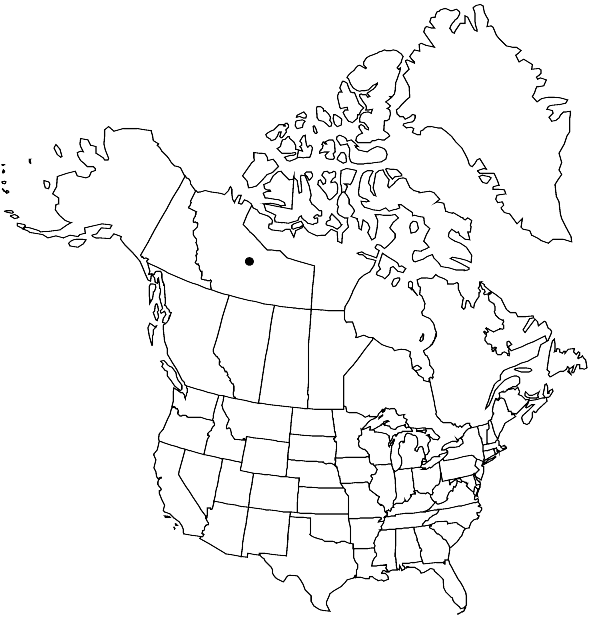Difference between revisions of "Didymodon rigidulus var. ditrichoides"
Phytologia 41: 20. 1978,.
FNA>Volume Importer |
imported>Volume Importer |
||
| Line 53: | Line 53: | ||
|publication year= | |publication year= | ||
|special status= | |special status= | ||
| − | |source xml=https:// | + | |source xml=https://bibilujan@bitbucket.org/aafc-mbb/fna-data-curation.git/src/bb6b7e3a7de7d3b7888a1ad48c7fd8f5c722d8d6/coarse_grained_fna_xml/V27/V27_778.xml |
|subfamily=Pottiaceae subfam. Barbuloideae | |subfamily=Pottiaceae subfam. Barbuloideae | ||
|genus=Didymodon | |genus=Didymodon | ||
Revision as of 22:36, 27 May 2020
Stem leaves strongly appressed when dry, linear-lanceolate, base broadened, ovate to oblong; costa long-excurrent, sharp; proximal cells short-rectangular; distal laminal cells smooth, quadrate to short-rectangular, with quadrate to short-rectangular lumens, distal lamina 1-stratose; gemmae absent. Peristome not seen.
Habitat: Limestone outcrops, dry tundra
Elevation: moderate elevations (1200 m)
Distribution

N.W.T., Asia (China), Atlantic Islands (Iceland).
Discussion
Variety ditrichoides is a highly reduced, flagellate form of var. icmadophilus but with a distinctive appearance. It is disjunct from montane China (Chen P. C. 1941) to a single locality in the flora area (Northwest Territories, Mackenzie District, Nahanni Range, 61º43’N, 123º20’W, D. Vitt, 1977, BUF). The olive coloration and general appearance is similar to D. leskeoides but the plant is somewhat smaller and the alar auricles are lacking.
Selected References
None.